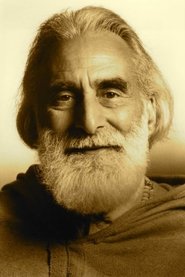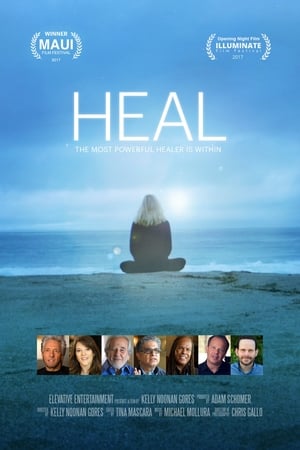
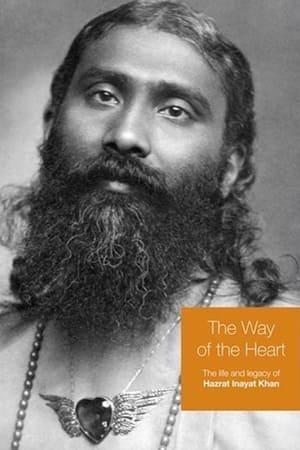
The Way of the Heart(2010)
The life and legacy of Hazrat Inayat Khan
The Way of the Heart is the story of a spiritual master who brought the wisdom of Sufism to the West in 1910. Today the message of love, harmony, and beauty that Hazrat Inayat Khan gave to a troubled world is more urgently needed than ever. Award-winning filmmaker Mischa Scorer weaves a tapestry of music, sound, and compelling images together with the testimony of many contemporary Western Sufis to evoke the magical atmosphere of a consummate mystic.
Movie: The Way of the Heart
Top 10 Billed Cast
Self - Nephew
Video Trailer The Way of the Heart
Similar Movies
Out of Darkness: Heavy is the Crown (Vol. 1)(en)
An examination of how Africa's mythological stories have served as the basis for the world religions that came after, especially in Western civilization.
 8.0
8.0Merton: A Film Biography(en)
In his lifetime, Thomas Merton was hailed as a prophet and censured for his outspoken social criticism. For nearly 27 years he was a monk of the austere Trappist order, where he became an eloquent spiritual writer and mystic as well as an anti-war advocate and witness to peace. Merton: A Film Biography provides the first comprehensive look at this remarkable 20th century religious philosopher who wrote, in addition to his immensely popular autobiography The Seven Storey Mountain, over 60 books on some of the most pressing social issues of our time, some of which are excerpted here. Merton offers an engaging profile of a man whose presence in the world touched millions of people and whose words and thoughts continue to have a profound impact and relevance today.
The Sufi and the Scientist(en)
The Sufi and the Scientist is the collective story of Sufi healer Sayyid Arif Hussain, the medieval Sufi Sheikh Haji Ali, and Dr. Thornton Streeter, a scientist working in the realm of human consciousness.
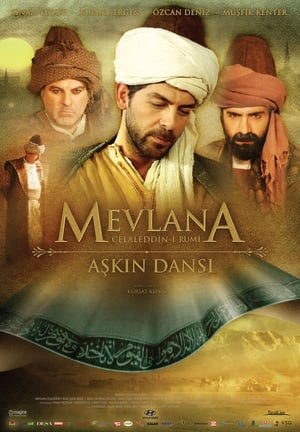 4.1
4.1Rumi: The Dance of Love(tr)
A dramatised documentary about the life of Rumi, a Persian mystical poet whose images of universal love and divine mystery continue to be celebrated more than 700 years after his death.
God and Buddha: A Dialogue(en)
In this fascinating and unusual conversation, writer and physician Deepak Chopra talks to religion professor Robert Thurman about the connections and differences between two of India's most important philosophical beliefs: Vedanta and Buddhism. Chopra explores the foundation of Vedanta, while Thurman -- the father of actress Uma Thurman -- provides the Buddhist point of view in this meeting held in 1999 at New York City's Tibet House.
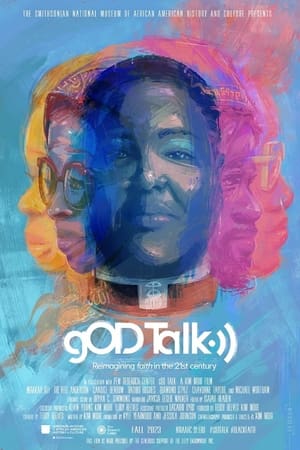 0.0
0.0gOD-Talk(en)
Explores the lives of seven Black Millennials – Atheist, Buddhist, Christians, Muslim, Ifa, and Spiritualist – and the challenges and discoveries with faith and spirituality.
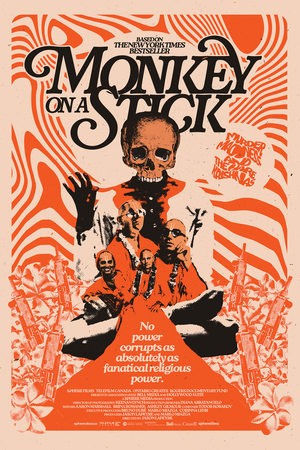 7.7
7.7Monkey on a Stick(en)
The story of the Hare Krishna movement in the West, contrasting the spiritual exploration of its devotees with the leadership's systemic, long-term cover-up of criminality, moral decay and abuse of power.
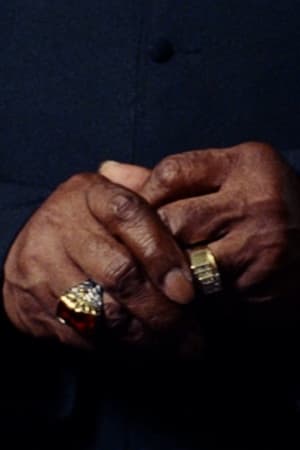 0.0
0.0Is My Living In Vain(en)
Is My Living in Vain is a meditation on the continuing history and emancipatory potential of the Black church as a space of belonging, affirmation and community organising. Combining shot footage, oral histories and archive material from both sides of the Atlantic, the film follows a tangled thread of personal and collective memories to interrogate the church’s contribution to a Black radical tradition.
Sunseed(en)
This documentary explores the growing American interest in the 1970s in Eastern religions and philosophy. The teachings and lifestyles of ten spiritual teachers and their followers are presented without voice-over narration.
 0.0
0.0Power of Chi(en)
The mysterious chi is presented as a force that can be produced by the master and defies all explanation.
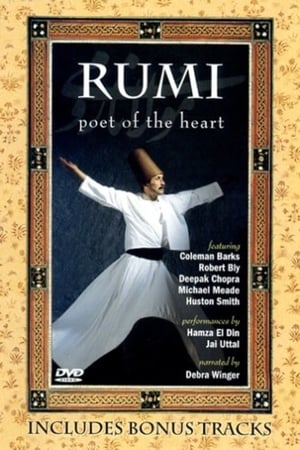 0.0
0.0Rumi: Poet of the Heart(en)
In 1244, Jelaluddin Rumi, a Sufi scholar in Konya, Turkey, met an itinerant dervish, Shams of Tabriz. A powerful friendship ensued. When Shams died, the grieving Rumi gripped a pole in his garden, and turning round it, began reciting imagistic poetry about inner life and love of God. After Rumi's death, his son founded the Mevlevi Sufi order, the whirling dervishes. Lovers of Rumi's poems comment on their power and meaning, including religious historian Huston Smith, writer Simone Fattal, poet Robery Bly, and Coleman Barks, who reworks literal translations of Rumi into poetic English. Musicians accompany Barks and Bly as they recite their versions of several of Rumi's ecstatic poems.
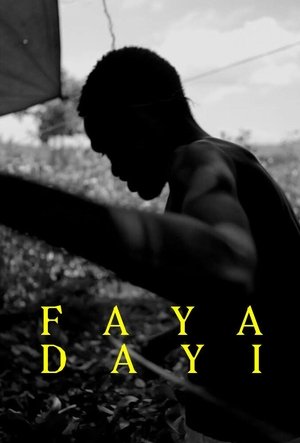 7.6
7.6Faya Dayi(om)
A spiritual journey into the highlands of Harar, immersed in the rituals of khat, a leaf Sufi Muslims chewed for centuries for religious meditations – and Ethiopia’s most lucrative cash crop today. A tapestry of intimate stories offers a window into the dreams of youth under a repressive regime.
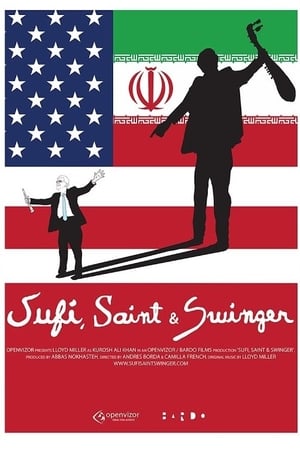 0.0
0.0Sufi, Saint & Swinger(en)
The tragic story of an American music virtuoso who found in 1970s Iran the love and acceptance he never received back home, and who was punished by his country upon his return after the Iranian revolution.
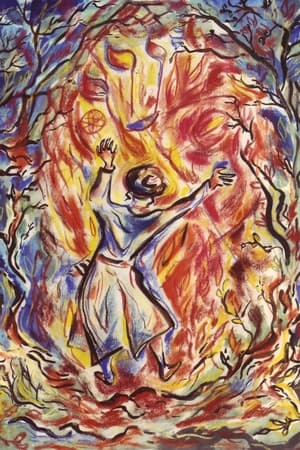 0.0
0.0A Fire in the Forest: The Life and Legacy of the Ba'al Shem Tov(en)
Rabbi Israel ben Eliezer (1698-1760), known as the Ba'al Shem Tov ("Master of the Good Name"), is one of the most beloved and celebrated, yet elusive, figures in Jewish history. Today, Jews worldwide – and even non-Jews – revere him as the founder of the Hasidic movement, a 18th-century offshoot of Judaism that promotes a mystical interpretation of the Bible, and as a model of piety and spirituality. The documentary A FIRE IN THE FOREST explores the life and legacy of the Ba'al Shem Tov through interviews with religious leaders and scholars, and on-location footage. The title derives from a tale about rabbis finding a hidden fire in the forest where they could appeal to God for help and have their prayers answered.
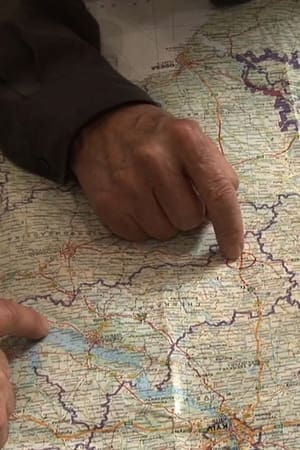 0.0
0.0Treasure Under the Bridge: Pilgrimage to the Hasidic Masters of Ukraine(en)
Conservative Rabbi Marc Soloway invites us on his personal journey to modern day Ukraine to visit the graves of the Hasidic Masters as he tries to establish a connection with the famous names that have so long occupied a place in his imagination.
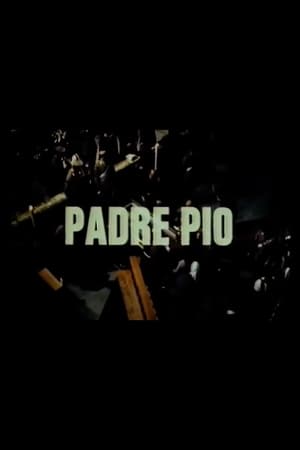 0.0
0.0Padre Pio(en)
BBC TV movie about the life of the late Francesco Forgione, widely known as Padre Pio.
 0.0
0.0Nusrat Fateh Ali Khan: Live in Wolverhampton(pa)
Taken from DVD Volume 9, this documentary features the legendary Ustad Nusrat Fateh Ali Khan live in concert during his 1985 UK tour. Recorded at Wolverhampton’s Wulfrun Civic Hall on October 25, 1983, the film captures his mesmerizing performance. Known as the "Shahenshah of Qawwali," Nusrat revolutionized the Sufi devotional music tradition with his powerful vocals, intricate improvisations, and deep spiritual expression. Originally produced by Oriental Star Agencies Ltd. in 2004.
